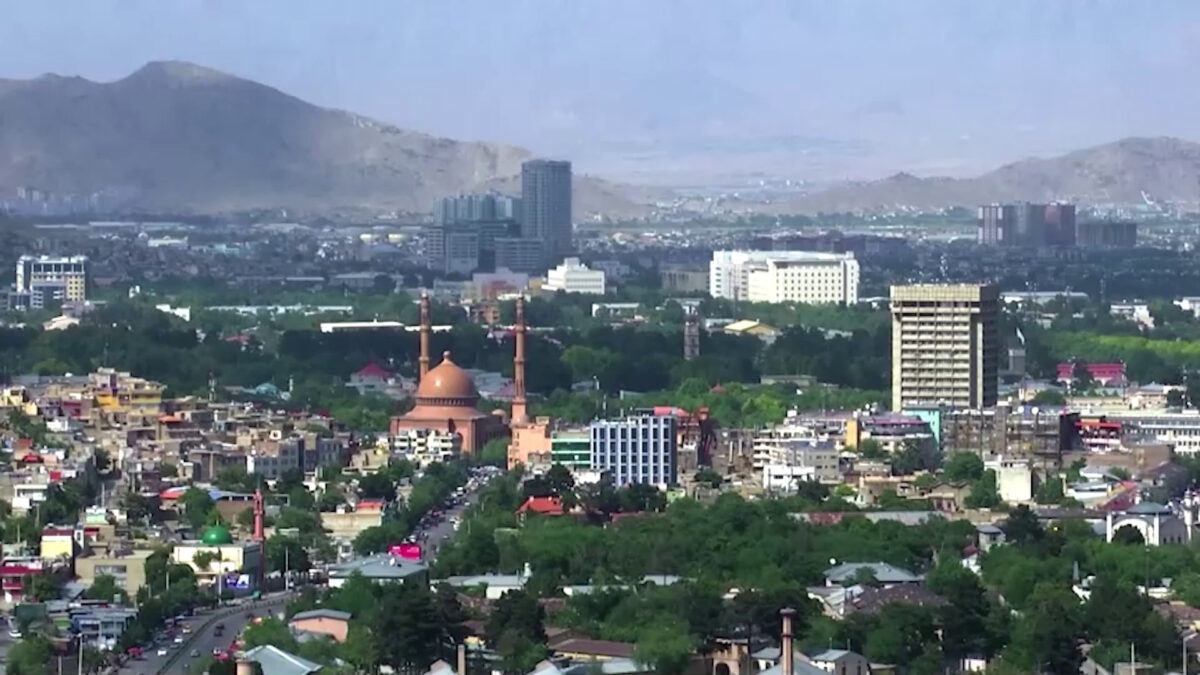KABUL, Afghanistan — The Taliban have pushed back against a recent World Bank report on Afghanistan’s economic situation, accusing the analysis of disregarding what they claim are key economic achievements under their rule.
In a statement issued by the office of the Taliban’s deputy chief minister for economic affairs, the Taliban called the report “far from reality,” asserting that “important projects” have been initiated across various sectors since their takeover in August 2021. The statement urged the international community to engage “positively” with Afghanistan and to consider what it described as the country’s “real progress.”
World Bank findings paint a grim picture
The World Bank’s report, however, offered a starkly different assessment, highlighting Afghanistan’s precarious economic outlook. It pointed to several critical challenges, including:
Policy Uncertainty: The Taliban’s lack of recognized governance has hindered economic confidence.
International Isolation: Afghanistan remains cut off from key financial systems and global trade.
Narrow Revenue Base: Limited domestic revenue generation constrains the government’s ability to provide basic services.
The report also emphasized Afghanistan’s structural economic vulnerabilities, including a high trade deficit, heavy reliance on imports, and shrinking fiscal resources. Climate change, insecurity, and underinvestment continue to weaken the agriculture sector, a key pillar of Afghanistan’s economy.
The United Nations has issued its own warning about Afghanistan’s deepening humanitarian crisis. By 2025, nearly 23 million people, including over 12 million children, are expected to require humanitarian assistance. The country’s deteriorating economic conditions exacerbate these challenges, leaving millions vulnerable to poverty and hunger.
While the Taliban claim economic progress through their projects, experts argue that Afghanistan’s isolation and governance issues undermine any potential for meaningful recovery. The international community continues to emphasize the need for structural reforms, inclusive governance, and human rights protections as prerequisites for broader engagement.




